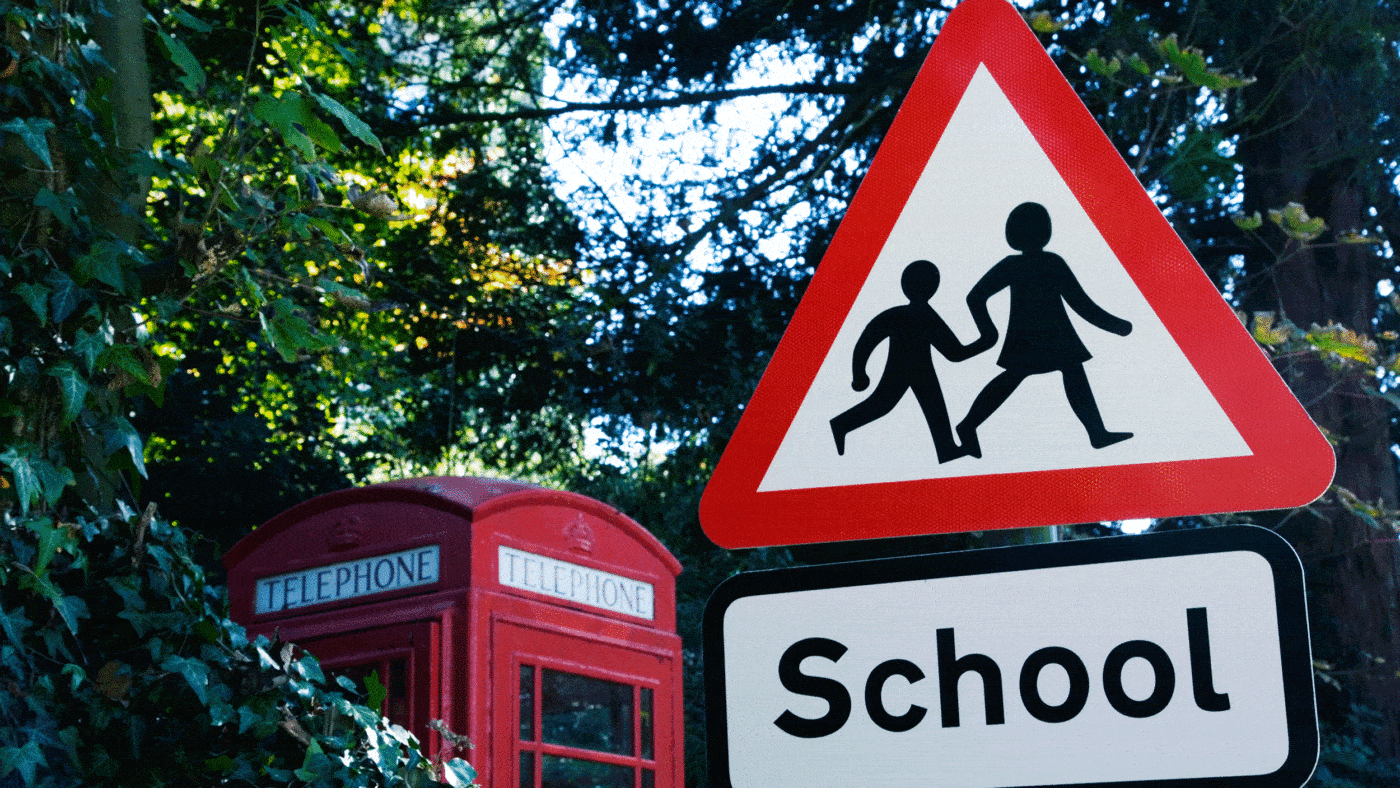Reports that trans guidance for schools has been delayed again ought to worry anyone with an interest in how the education system treats our children. But it is particularly concerning for parents like me, who know only too well what it means to have children subject to a self-ID policy that is not in UK law.
Let’s start with a fairly bald statistic: we have been referred to social services three times in the last year. This is nothing to do with our children’s behaviour in school, their academic progress or problems in the community.
It is because one of our children is trans-identified. She learned at school that humans can be born in the wrong body, leading her to locate her own distress – about puberty, suffering from bullying, and struggling to fit in – in the concept that she was, in fact, a boy.
When she told me about her questions, I told her I loved her and accepted her, no matter who she was. I assumed it was a phase of seeking identity, or perhaps rebellion – the kind of thing that is so normal for teenagers.
What I didn’t know at the time was that gender ideology was taught as fact, that children’s gender distress was kept secret from parents, and that UK schools apply a self-ID policy – the very issues the updated guidance will hopefully address.
We are in a strange, dystopian place. And sadly, our family’s story is not unique. I know this because I am among more than 600 members of Bayswater, a UK support group for parents of trans-identified adolescents and young people.
For the first year after my daughter started questioning her gender, I assumed this was all a mistake. I sought help from teachers, our MP, our local council and children’s charities. But they all asserted that my daughter was a boy, and that I was the problem because I did not share that belief.
The second year I spent looking for evidence that social, medical and surgical transition was beneficial to children (after all, perhaps my assumptions had been wrong). There was, however, no such evidence and no medium or long-term studies. Like the judges in the Keira Bell case, I was surprised. It also appeared that there was no basis for paediatric transition in UK law or safeguarding protocols.
During the third year, it became apparent that institutions such as the Department for Education (DfE) and the NHS were actively ignoring data demonstrating the lack of benefit to children’s mental and physical health from transitioning. I also learned that politely pointing out facts and laws meant I would be ‘managed’ by school staff, who told me I was taking up too much of their time.
The most destructive aspect has been teachers telling my daughter I’m ‘abusive’ and that her home is ‘unsafe’, which compounded the instability she already felt.
Current school policies commonly advocate keeping additional secrets from parents if children are trans-identified. Some cite GDPR, without comprehending that safeguarding overrides privacy when there are legitimate interests such as keeping a child safe or protecting their wellbeing. What GDPR definitely does not apply to is verbal communications, meaning that school staff would be able to inform parents of concerns by phone, for example.
What this means in practice is that I was not informed of harms (beyond her gender identity) that my daughter had disclosed to staff at two schools, leaving me unable to do my first job as a parent, which is to protect her. This kind of failure stems from a broader problem: trans-identified children – who are already highly vulnerable due to the high incidence of autism, ADHD, trauma, bullying and abuse – are, in my experience, exempt from normal safeguarding procedures.
Such children can self-diagnose gender dysphoria, which is then affirmed by schools with no clinical input. Parental responsibility – which according to UK law includes naming a child or agreeing to a change of name, as well as making decisions about medical treatments – does not seem to apply to those who don’t believe that humans can change sex.
In our case, a school counsellor informed us that misgendering and deadnaming our daughter was causing her serious mental health problems. When I mentioned the Cass Review and the NHS England proposed guidance on social transition, he said those had ‘nothing to do’ with our situation.
For us, it’s a relief that politicians like Miriam Cates have elevated this to the top of the agenda, and we’re grateful that journalists are increasingly fighting efforts to censor balanced reporting. The fact that senior members of the Government apparently share our concerns about social transitioning in schools is heartening too, even if changes may now require fresh legislation.
Despite the delay I remain hopeful that Kemi Badenoch and Number 10 will help put an end to the confusion facing schools. I hope they will restore parents’ faith that schools will teach facts and keep children safe, and make clear that it is parents, not the Government, who are raising the next generation.
And one day, I hope that children like mine, and parents like me, will receive an apology for the way we have been treated. We don’t want to feel like victims, we just want our lives and our reality back.
Click here to subscribe to our daily briefing – the best pieces from CapX and across the web.
CapX depends on the generosity of its readers. If you value what we do, please consider making a donation.


